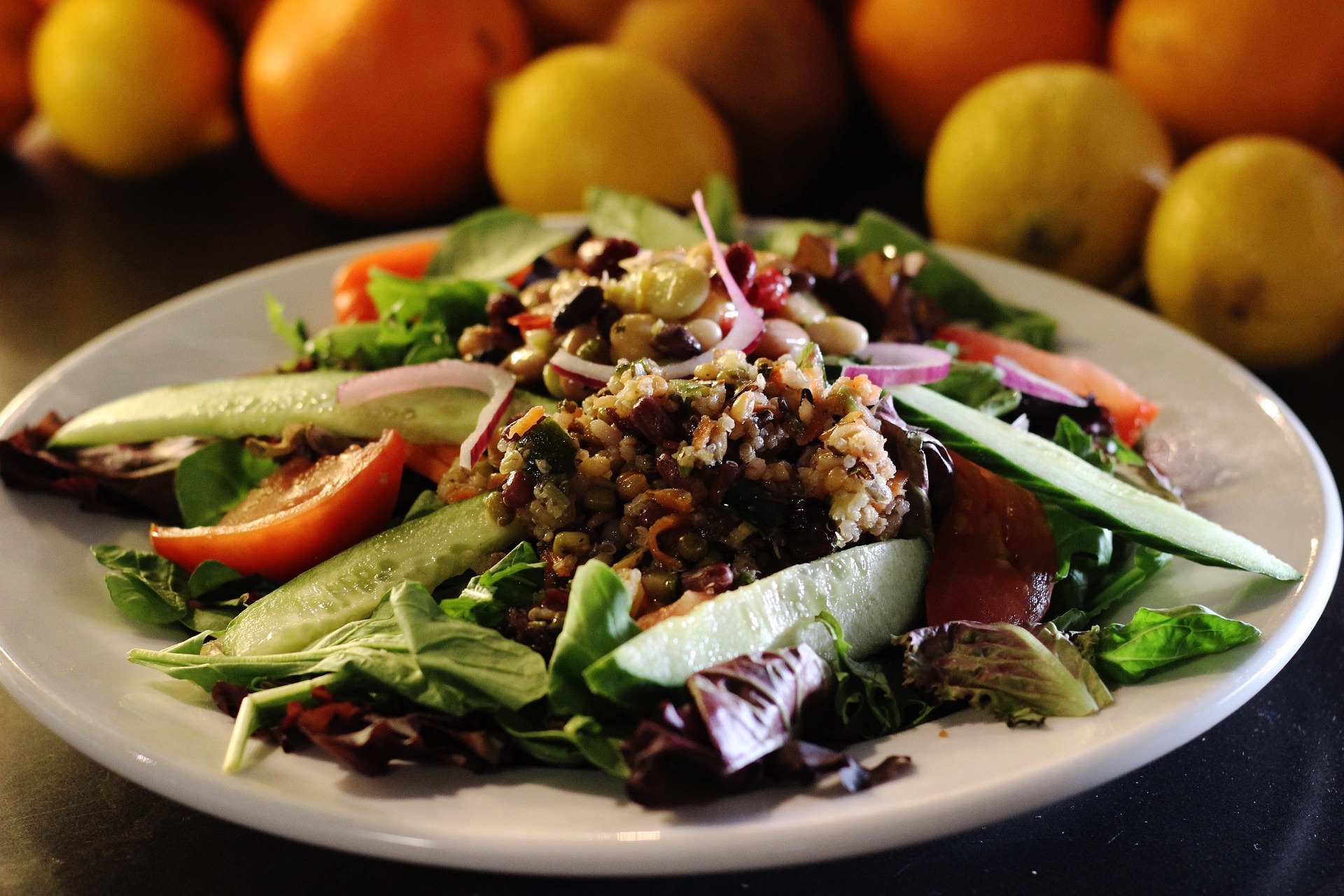A Foodie's Guide to Exploring the Unique Flavors of Moroccan Cuisine
The rich culinary traditions of Morocco have remained under the radar for far too long. This North African nation is a goldmine of unique flavors, traditional cooking methods, and diverse food culture. Let's embark on a gastronomic journey to discover what makes Moroccan cuisine an unexplored treasure.

A Taste of History
Moroccan cuisine is a beautiful blend of Berber, Arab, Andalusian, and Mediterranean influences, which adds to its rich diversity. The strategic geographical location of Morocco has allowed it to absorb the best from each culture. Traditional Moroccan cooking heavily uses couscous, meats, and vegetables, resulting in an array of flavors that are unique to the region.
The Rich Tapestry of Moroccan Ingredients
The key to Moroccan cuisine’s diverse palette is its use of a variety of ingredients. From the ubiquitous couscous to the use of fresh herbs, spices like saffron, cumin, and coriander, each component adds a unique element to Moroccan dishes. Also, the use of fruits like prunes, apricots, and figs in savory dishes is a distinctive feature of Moroccan cuisine that gives it a sweet and savory depth of flavor.
Moroccan Cooking Techniques: A Blend of Old and New
While embracing modern cooking techniques, Moroccan cuisine still holds onto traditional cooking methods. One such method is the use of a tagine, a clay pot with a conical lid that allows for slow-cooking of meat and vegetables, resulting in a flavorful stew. Moreover, the art of preserving lemons, a staple in Moroccan cuisine, is a testament to age-old culinary traditions.
Unraveling the Magic of Moroccan Street Food
Street food in Morocco is an adventure in itself. The vibrant markets, known as souks, are lined with food stalls offering everything from snail soup to Maakouda, a fried potato ball. Not to mention the Moroccan pancakes, Baghrir and Msemen, which are a breakfast staple and a popular street food item.
Delving into Traditional Moroccan Feasts
Moroccan cuisine is not just about food; it’s also about community and celebration. Traditional feasts like the Couscous Friday and the Iftar meal after Ramadan fasting are an integral part of Moroccan food culture. These communal meals bring together families and friends and reflect the warm and welcoming nature of Moroccan hospitality.
Bite-sized Moroccan Delights
- Couscous, a type of pasta, is considered the national dish of Morocco.
- Moroccan mint tea, also known as Moroccan whiskey, is a symbol of Moroccan hospitality.
- The use of a spice blend called Ras El Hanout, often referred to as ‘top of the shop’.
- B’stilla, a sweet and savory pie, is a classic example of Moroccan fusion cuisine.
- Harira, a hearty soup, is traditionally served to break the Ramadan fast.
Moroccan cuisine is a treasure trove of unique flavors and traditions. Its exotic blend of ingredients, traditional cooking methods, and communal eating practices set it apart from many other world cuisines. In a world dominated by mainstream food cultures, Moroccan cuisine stands out as an unexplored gem, waiting to be discovered and savored. So, the next time you’re looking for a culinary adventure, don’t forget to delve deeper into the fascinating world of Moroccan cuisine.




